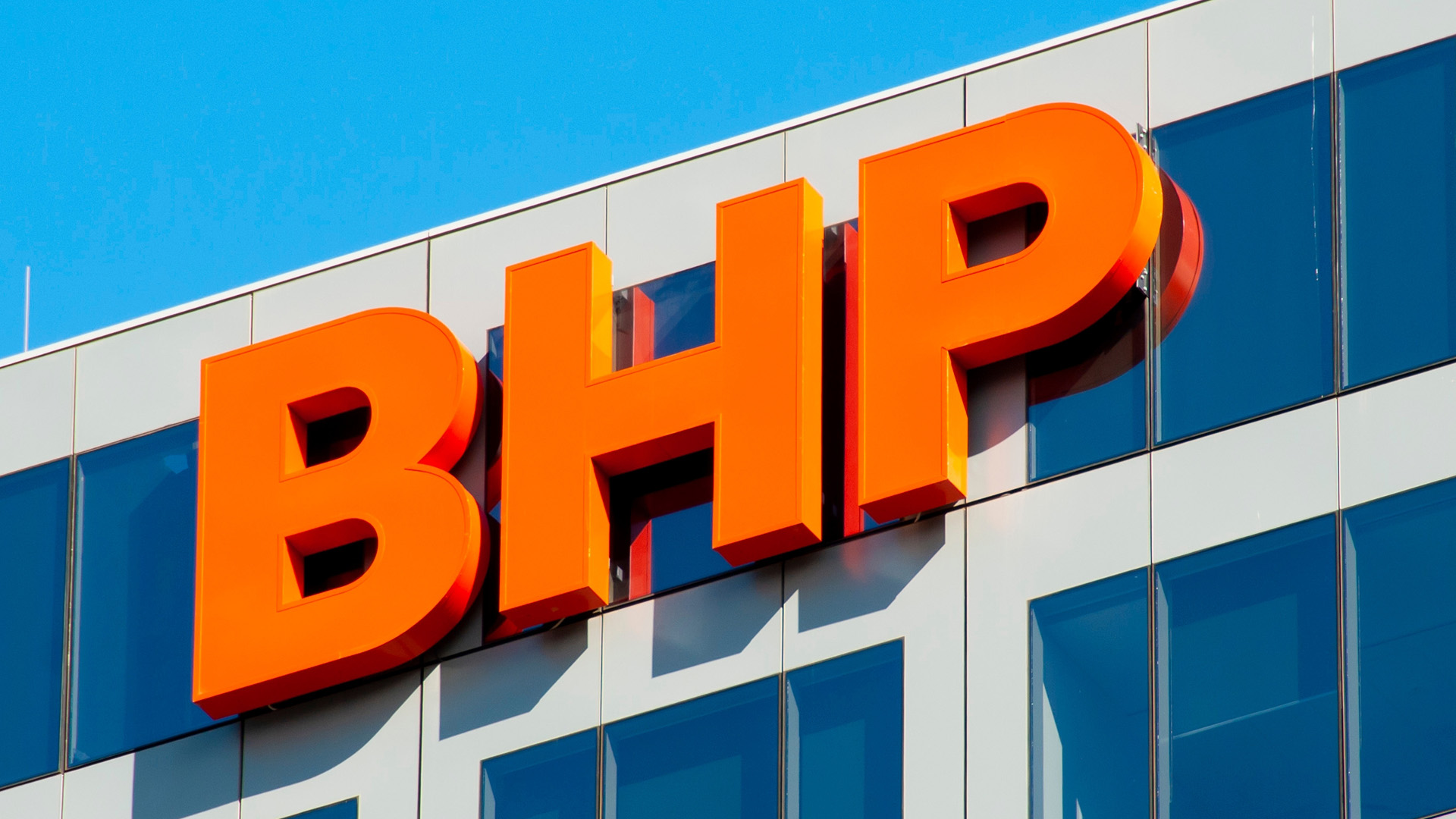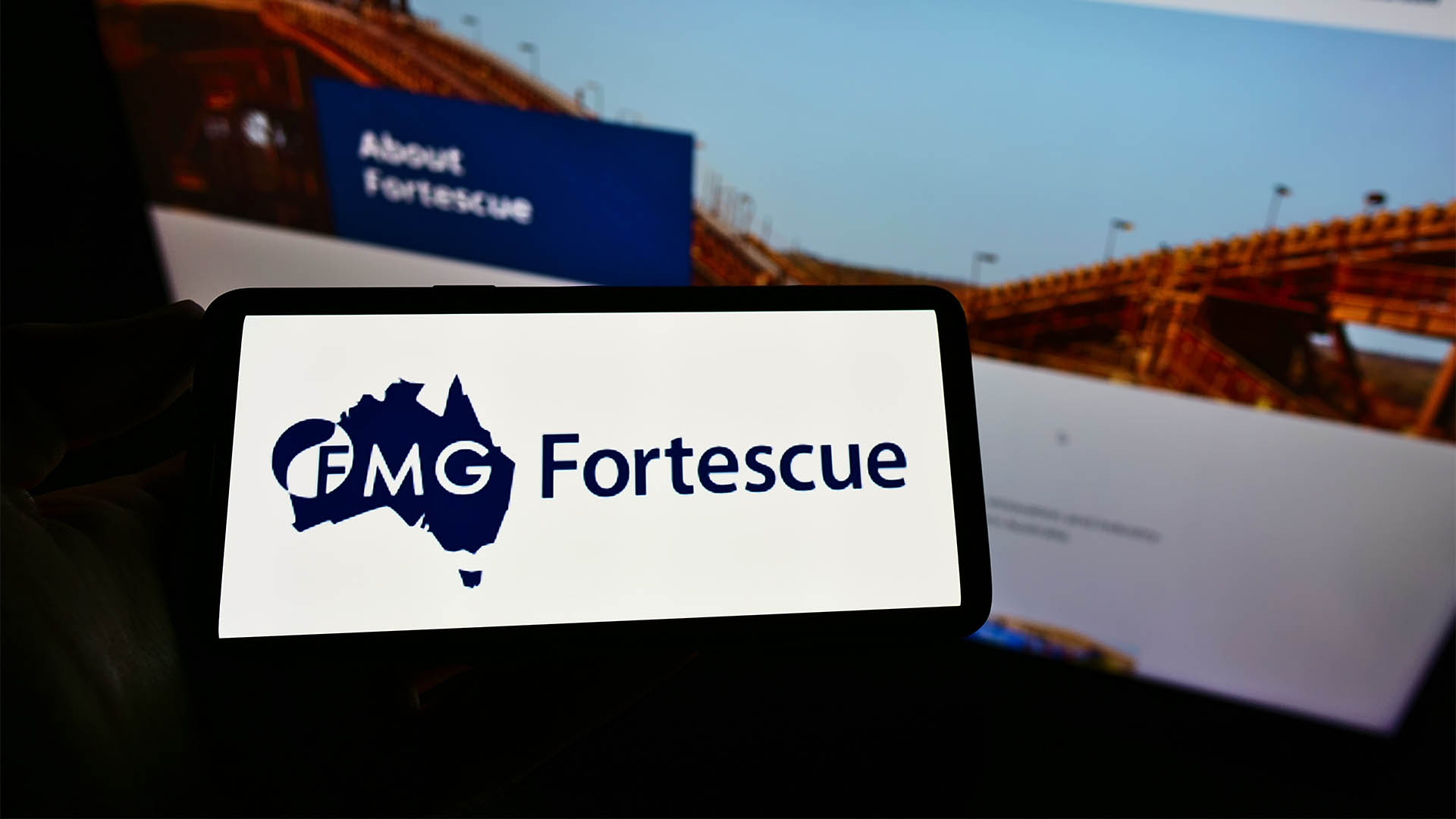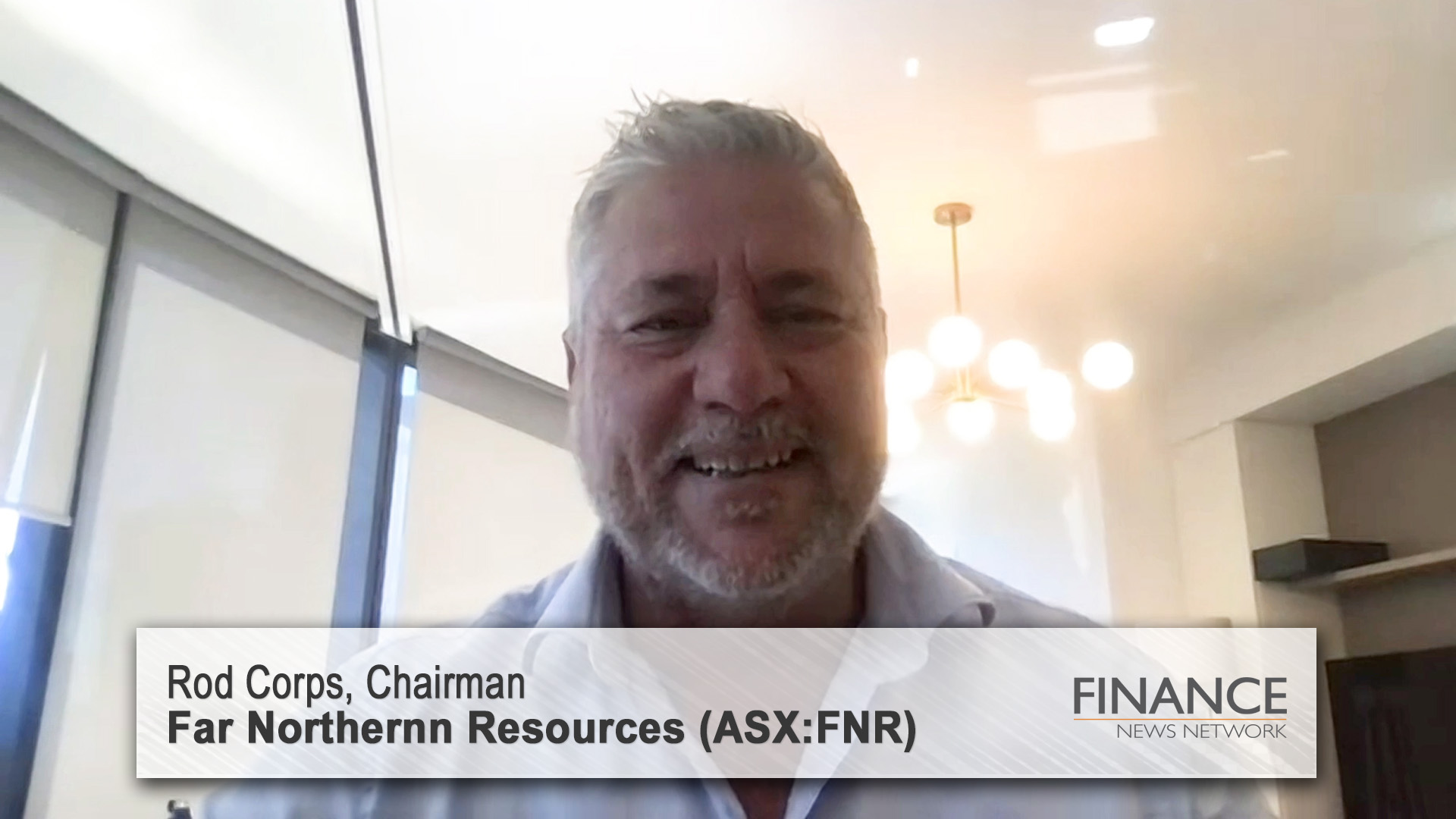
Qantas Airways shares were not fazed by the naming yesterday of Jetstar head, Alan Joyce, to replace the about-to-retire Geoff Dixon as head of the country’s biggest airline.
Qantas shares bounced to a day’s high of $3.54 before settling 6c lower at $3.43 in another rough day of trading brought on by the ANZ earnings downgrade.
The appointment was a ‘no-brainer’ in that Joyce is the only one of three internal candidates with the required mix of marketing and airline operating knowledge.
His rivals, Qantas operations chief, John Borghetti had run the Qantas mainline business, but reporting to Dixon, while the airline’s Chief Financial Officer, Peter Gregg was a numbers person with little in the way of actual operating experience.
Joyce had been an appointment of Dixon to be the first head of Jetstar when the discount airline was started in 2004. He came to Jetstar from Qantas which he joined in 2000. Before that he had worked with Aer Lingus, the Irish carrier as an analyst. He has around 20 years experience in the airline business at Aer Lingus and Ansett.
”Geoff and Alan will work together over the next four months to ensure a smooth transition and continuity,” said Qantas Chairman Leigh Clifford in a statement announcing the appointment. ”Alan is, we believe, the best person to take Qantas forward in what is a very challenging environment,” he said.
Jetstar has been an operational and financial success as it has forced cost cuts on the rest of the airlines and helped break the hold powerful unions had on the business.
But its relationship with the 13 million or so passengers it carries each year has been less than stellar and Jetstar has a name for offending as many people as it pleases these days with a tough line on check-ins.
Jetstar stopped the inroads Virgin Blue had been making into Qantas’ business and forced it to go upmarket.
Joyce will join the Qantas board immediately and will work with Dixon for the next five months. Dixon steps down in November at the AGM.
Joyce is likely to appear in public at Qantas’ 2008 profit announcement and briefings around August 21.
He takes over an airline that is retiring 22 older less efficient aircraft and is cutting 1500 jobs and a number of routes to cope the surge in fuel costs. It also has cancelled plans to hire another 1200 new employees and axed two overseas call centres.
Qantas is expected to earn around $1 billion net in the year to June on pre-tax profits of around $1.4 billion, according to market forecasts. But the 2009 profit will drop sharply to less than $600 million, or about where it was in 2006.
Dixon had been CEO since 2001 after joining the company in 1994. He replaced James Strong who is now a director of Qantas.
Dixon and the Qantas board last year backed a failed $11.1 billion buyout of the airline by a group of bidders which included Macquarie Group, TPG Inc, management and a couple of other investors. The deal failed because a New York hedge fund botched its acceptances.
That caused an enormous row between the board and many shareholders, large and small. The then chairman, Margaret Jackson and a couple of directors have since departed. She and Dixon were close.
Former Rio Tinto CEO, Leigh Clifford, was named chairman, along with a couple of well connected directors, such as Commonwealth Bank chairman, John Schubert.
Clifford is understood to have wanted to give Qantas a clean slate, and firming up Dixon’s departure was part of that.
Joyce provided continuity for Qantas staff and management, although the fate of Peter Gregg and John Borghetti will now be subject to speculation.
The outlook for Qantas is now much tougher than it has been for since 2001, thanks to the surge in fuel costs, slowing economies around the world, the high dollar and continuing debate about its maintenance record.
The most recent question involves last Friday’s incident which saw a Jumbo jet carrying 365 passengers and crew diverted to Manila after a fuselage section came off shortly after taking off from Hong Kong.
No one was injured on the aircraft, which was on the Hong Kong-to-Melbourne leg of a flight that started in London, but there has also been extensive publicity about how some oxygen masks didn’t work and how poorly secured some were.
The airline is now inspecting all its airliners’ oxygen tanks after one went missing from the plane, apparently in the incident.
Mr Joyce at 42 has much more youth and energy than Dixon who has visibly aged in the past couple of years.
The youth and bounce will come in handy (with his extensive experience) over the next one to two years as Qantas and the rest of the airline industry negotiate tough times.
Meanwhile from Dublin comes a worrying report for the world aviation industry.
Ryanair, the leading discount operator in Europe says its first quarter profit plunged 85% and it has warned that it may suffer its first ever loss because of high oil and fuel prices.
The airline said last night that net first quarter earnings fell to just 21 million euros ($US33 million or around $A35 million) in the three months to June 30 compared with the 138.9 million euros earned in the same quarter of 2007. The result was struck on a 12% rise in revenue to 777 million euros.
Ryanair warned that full year earnings could end up between break even and a loss of 60 million euros. That was after a forecast earlier in the year that it would probably break even this fiscal year.
The discount carrier is planning to ground planes this winter and has frozen pay for senior management.
The airline is being hurt by the slumping economies of I













